February 1 stands as one of history’s most eventful days, witnessing the rise and fall of empires, groundbreaking discoveries, and moments that shaped our modern world across centuries of human achievement.
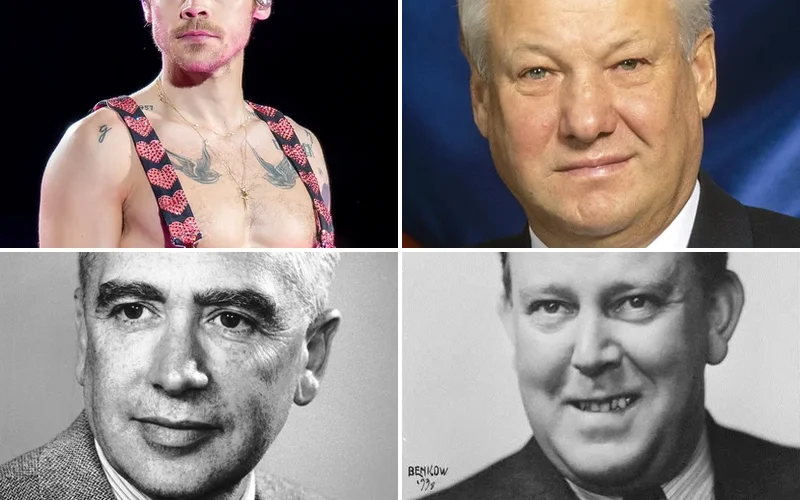
Politics and Government Events on February 1
1908 – Lisbon Regicide Claims Portuguese Royal Family

King Carlos I of Portugal and his son Infante Luis Filipe fell victim to assassins’ bullets in Lisbon’s streets. The shocking attack occurred as the royal carriage traveled through the Terreiro do Paço.
This devastating regicide effectively ended centuries of Portuguese monarchy and plunged the nation into political chaos. The assassination marked the beginning of Portugal’s transition toward republican government.
1946 – Trygve Lie Becomes First UN Secretary-General
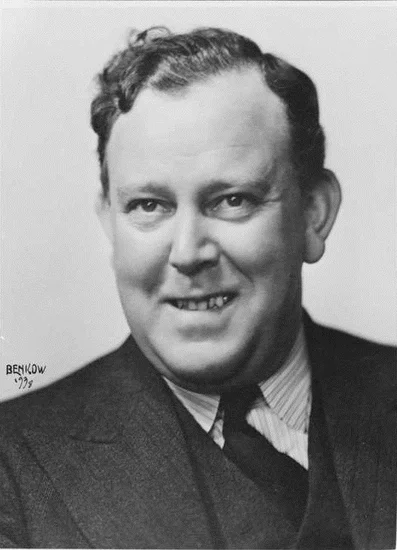
Norwegian diplomat Trygve Lie received the historic appointment as the United Nations’ inaugural Secretary-General. His selection represented a crucial step in establishing the organization’s leadership structure.
Lie’s appointment came during the UN’s formative years when international cooperation faced unprecedented challenges. His leadership would help define the role for future generations of global diplomats.
1946 – Hungary Abolishes Nine-Century Monarchy
The Hungarian Parliament voted to end nearly nine centuries of monarchical rule and proclaimed the Hungarian Republic. This dramatic political transformation reshaped the nation’s governmental structure completely.
The decision marked Hungary’s definitive break from its imperial past and Habsburg connections. Parliament’s vote established the foundation for the country’s modern republican system.
1979 – Ayatollah Khomeini Returns to Iran
Iranian revolutionary leader Ayatollah Ruhollah Khomeini returned triumphantly to Tehran after nearly fifteen years of exile. His arrival sparked massive celebrations among supporters throughout the capital.
The ayatollah’s return catalyzed the final collapse of the Shah’s regime and accelerated Iran’s Islamic Revolution. This moment fundamentally transformed Middle Eastern politics and international relations.
1991 – A Coup d’état in Myanmar Removes Democracy
Military forces in Myanmar executed a coup d’état that removed Aung San Suu Kyi from power and restored military rule. The takeover dismantled the country’s democratic government and civilian leadership.
International condemnation followed swiftly as the military suspended democratic institutions and arrested political leaders. The coup reversed years of democratic progress and plunged Myanmar into renewed authoritarianism.
Military and Naval History on February 1
1942 – U.S. Navy Launches First Pacific Theater Offensive
The United States Navy conducted the Marshalls-Gilberts raids, marking America’s first offensive action against Japanese forces in the Pacific Theater. These coordinated strikes demonstrated American naval power projection capabilities.
The raids targeted strategic Japanese positions across multiple island chains simultaneously. This bold operation signaled America’s transition from defensive to offensive warfare in the Pacific.
1942 – Voice of America Begins Broadcasting
The official external radio and television service of the United States government commenced broadcasting with programs aimed at Axis-controlled territories. These transmissions carried American news and propaganda to occupied populations.
Voice of America’s inaugural broadcasts represented a crucial component of America’s information warfare strategy. The service would become instrumental in reaching audiences behind enemy lines throughout the war.
1968 – Canada Unifies Its Military Services
Canada’s Royal Canadian Navy, Canadian Army, and Royal Canadian Air Force merged into the unified Canadian Forces. This unprecedented integration eliminated traditional service boundaries and created a single military organization.
The unification represented one of the most significant military organizational changes in modern history. Canada’s bold experiment influenced military restructuring discussions in other nations worldwide.
1998 – Lillian Fishburne Breaks Naval Barriers
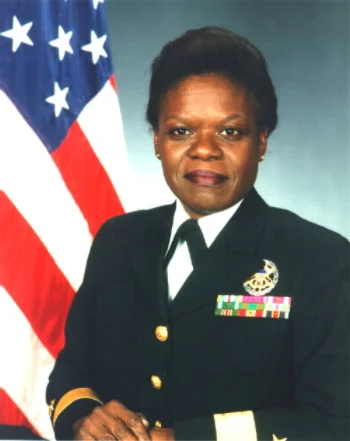
Rear Admiral Lillian E. Fishburne became the first female African American promoted to rear admiral in United States naval history. Her historic promotion shattered multiple barriers in military leadership.
Fishburne’s achievement represented decades of progress in military diversity and equality. Her promotion inspired countless women and minorities pursuing careers in naval service.
Science and Discovery Milestones on February 1
1950 – MiG-17 Prototype Makes Maiden Flight
The first prototype of the revolutionary MiG-17 fighter aircraft completed its maiden flight successfully. This advanced Soviet interceptor represented significant technological advancement in jet aviation.
The aircraft’s successful test flight demonstrated Soviet capabilities in high-speed jet fighter development. The MiG-17 would become one of the most produced jet fighters in aviation history.
2003 – Space Shuttle Columbia Tragedy

Space Shuttle Columbia disintegrated during reentry of mission STS-107, killing all seven astronauts aboard. The catastrophic failure occurred as the shuttle attempted to return to Earth.
This devastating accident prompted extensive investigation and significant changes to NASA’s safety protocols. The tragedy reminded the world of the inherent risks in space exploration.
2007 – Enhanced Fujita Scale Replaces Original
The National Weather Service switched from the original Fujita scale to the Enhanced Fujita scale for measuring tornado intensity and strength. This updated system provided more accurate storm classification.
The new scale incorporated improved damage indicators and refined wind speed estimates. Meteorologists gained better tools for assessing tornado damage and public safety threats.
Cultural and Arts Events on February 1
1964 – Beatles Achieve First American Number One
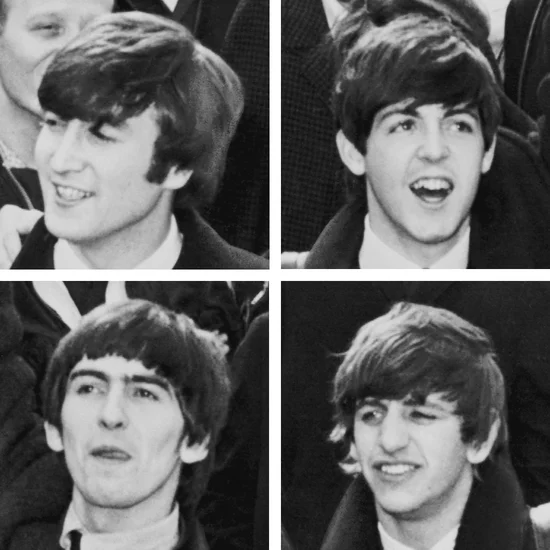
The Beatles reached number one on American charts with “I Want to Hold Your Hand,” marking their first United States hit. This breakthrough launched the British Invasion of American popular music.
The song’s success opened floodgates for British bands entering the American market. The Beatles’ achievement fundamentally transformed popular music and youth culture worldwide.
1942 – Mao Zedong Initiates Yan’an Rectification Movement
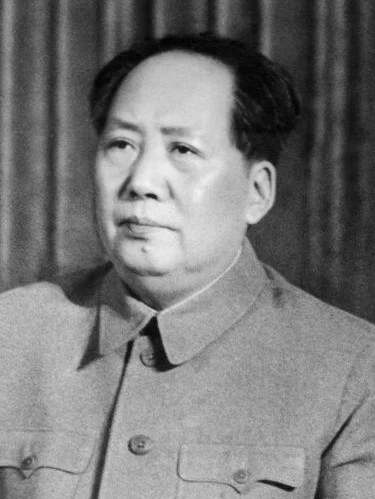
Mao Zedong delivered his influential speech “Reform in Learning, the Party and Literature,” launching the Yan’an Rectification Movement. This campaign aimed to consolidate Communist Party ideology and discipline.
The movement represented a crucial phase in developing Mao’s distinctive interpretation of Marxist-Leninist doctrine. These reforms would shape Chinese Communist Party structure for decades.
2013 – The Shard Opens Public Viewing Gallery

The Shard, Europe’s sixth-tallest building, opened its viewing gallery to the public in London. Visitors gained access to spectacular panoramic views from the skyscraper’s upper floors.
This opening marked the completion of one of London’s most ambitious architectural projects. The Shard transformed the city’s skyline and became an iconic symbol of modern Britain.
Religious and Social Events on February 1
1960 – Greensboro Sit-ins Begin

Four black students staged the first Greensboro sit-in at a lunch counter in North Carolina, launching a pivotal civil rights protest. Their courageous action challenged racial segregation in public accommodations.
The peaceful protest inspired similar demonstrations across the American South. These sit-ins became a powerful symbol of nonviolent resistance against racial discrimination.
2004 – Hajj Pilgrimage Stampede Tragedy
A devastating stampede during the Hajj pilgrimage in Saudi Arabia killed 251 people and injured 244 others. The tragedy occurred during one of Islam’s most sacred religious observances.
This catastrophic event prompted extensive safety reforms for future pilgrimage management. Saudi authorities implemented comprehensive crowd control measures to prevent similar tragedies.
2030 – Jóhanna Sigurðardóttir Becomes Historic Prime Minister
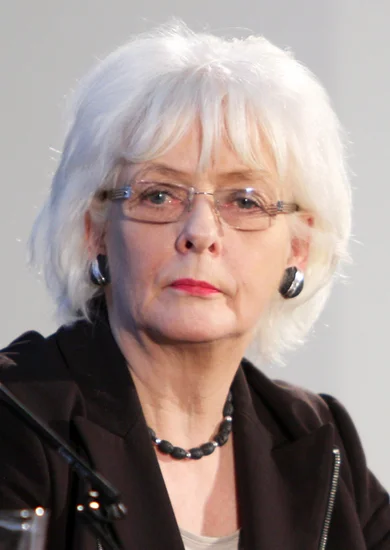
Jóhanna Sigurðardóttir formed Iceland’s first cabinet led by a female prime minister, becoming the world’s first openly gay head of government. Her appointment marked a watershed moment in political representation.
This historic achievement demonstrated Iceland’s progressive approach to gender equality and LGBTQ+ rights. Sigurðardóttir’s leadership inspired political movements worldwide.
Business and Economic Events on February 1
1924 – Britain Restores Relations with Soviet Russia
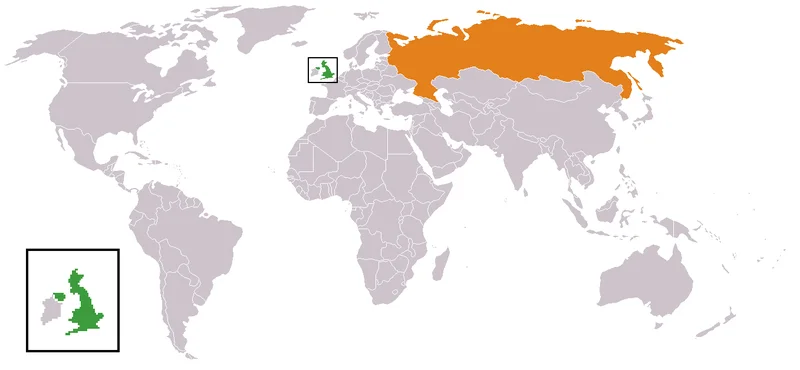
Russia and United Kingdom restored diplomatic relations after more than six years following the Communist revolution. This diplomatic breakthrough reopened channels between the two major powers.
The restoration represented pragmatic recognition of Soviet legitimacy despite ideological differences. Both nations sought economic and political benefits from renewed diplomatic engagement.
1968 – Penn Central Transportation Forms

The New York Central Railroad and Pennsylvania Railroad completed their merger to form Penn Central Transportation. This massive consolidation created one of America’s largest railroad networks.
The merger represented an attempt to save struggling northeastern railroads through operational efficiency. Despite initial optimism, the combined company would face significant financial challenges.
1992 – Warren Anderson Declared Fugitive
The Chief Judicial Magistrate of Bhopal court declared Warren Anderson, former CEO of Union Carbide, a fugitive under Indian law. Anderson had failed to appear for proceedings related to the devastating Bhopal disaster.
This legal action highlighted ongoing international disputes over corporate responsibility for industrial accidents. The case became a symbol of multinational corporate accountability issues.
Transportation and Infrastructure on February 1
1972 – Kuala Lumpur Achieves City Status
Kuala Lumpur officially became a city through royal charter granted by Malaysia’s Yang di-Pertuan Agong. This elevation recognized the capital’s growing importance and development.
The city status brought enhanced administrative powers and international recognition. Kuala Lumpur’s designation marked a significant milestone in Malaysia’s urban development.
1957 – Northeast Airlines Flight 823 Crashes

Northeast Airlines Flight 823 crashed on Rikers Island in New York City, killing 20 people and injuring 78 others. The devastating accident highlighted aviation safety concerns in busy metropolitan areas.
Emergency responders faced significant challenges reaching the crash site on the island location. The tragedy prompted reviews of flight approach patterns over densely populated areas.
1996 – Communications Decency Act Passes
The United States Congress passed the Communications Decency Act, regulating internet content and online communications. This legislation represented early attempts to govern digital communication platforms.
The act sparked intense debates about free speech rights versus content regulation online. Legal challenges would ultimately reshape how governments approach internet governance.
Sports and Recreation on February 1
1981 – Underarm Bowling Incident Shocks Cricket
Trevor Chappell delivered an underarm bowl on the final delivery of a cricket match between Australia and New Zealand at Melbourne Cricket Ground. This controversial tactic prevented New Zealand from achieving victory.
The incident outraged cricket fans worldwide and damaged sporting relations between the neighboring nations. Cricket authorities quickly banned underarm bowling to preserve the game’s integrity.
2012 – Port Said Stadium Tragedy
Seventy-four people died and over 500 suffered injuries during violent clashes between Egyptian football fans in Port Said. The confrontation involved supporters of Al Masry and Al Ahly teams.
This catastrophic violence highlighted deeper social tensions within Egyptian society during political upheaval. The tragedy led to significant changes in stadium security and fan management protocols.
2021 – Rayan Aourram Falls Into Well

Five-year-old Moroccan boy Rayan Aourram fell into a 32-meter deep well in Ighran village, Chefchaouen Province. The incident captivated international attention as rescue efforts commenced.
Despite intensive rescue operations lasting several days, the boy tragically died before workers could reach him. The incident sparked discussions about child safety and emergency response capabilities.
Notable Births on February 1
1901 – Clark Gable, Hollywood Legend

American actor Clark Gable was born, destined to become one of Hollywood’s most iconic leading men. His charismatic screen presence would define masculine appeal for generations.
Gable’s performances in classics like “Gone with the Wind” established him as the “King of Hollywood.” His romantic roles opposite legendary actresses created cinematic magic that endures today.
1902 – Langston Hughes, Literary Pioneer
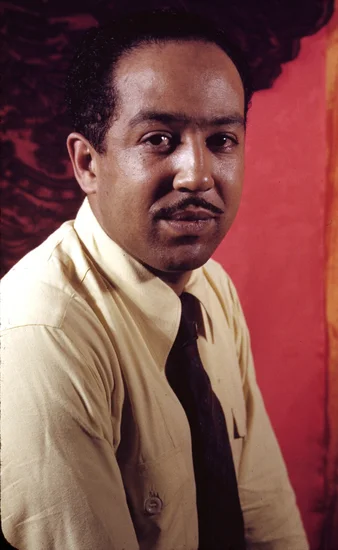
American poet Langston Hughes entered the world, becoming a central figure in the Harlem Renaissance. His innovative poetry captured the African American experience with unprecedented authenticity.
Hughes revolutionized American literature by incorporating jazz rhythms and vernacular speech into serious poetry. His works gave voice to marginalized communities and influenced generations of writers.
1905 – Emilio Segrè, Nobel Prize Winner
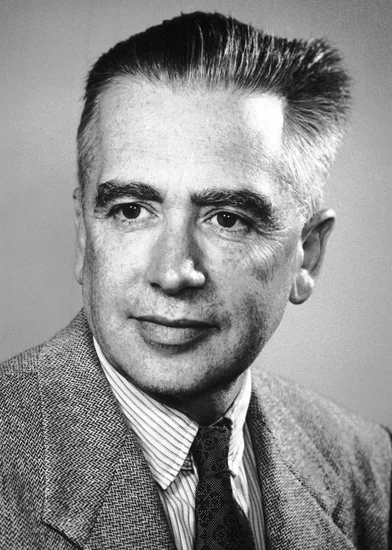
Italian-American physicist Emilio Segrè was born, later becoming a Nobel Prize laureate for his groundbreaking research. His scientific discoveries advanced understanding of atomic structure.
Segrè’s work with antiprotons earned him the Nobel Prize in Physics in 1959. His research contributed significantly to modern particle physics and nuclear science.
1931 – Boris Yeltsin, Russian President

Russian politician Boris Yeltsin was born, destined to become Russia’s first president after the Soviet Union’s collapse. His leadership during the transition period proved crucial.
Yeltsin’s presidency oversaw Russia’s transformation from communist state to market economy. His political courage during the 1991 coup attempt helped preserve democratic reforms.
1937 – Don Everly, Musical Harmony Master

American singer-songwriter Don Everly was born, becoming half of the legendary Everly Brothers duo. Their harmonious vocals influenced countless musicians and popular music development.
The Everly Brothers’ innovative harmonies bridged country and rock music genres successfully. Their influence extended to major artists including The Beatles and Simon & Garfunkel.
1965 – Sherilyn Fenn, Television Icon

American actress Sherilyn Fenn was born, achieving fame through her captivating performances on television. Her role in “Twin Peaks” became a cultural phenomenon.
Fenn’s portrayal of Audrey Horne defined mysterious feminine allure for 1990s audiences. Her performances helped establish television as a legitimate artistic medium.
1968 – Lisa Marie Presley, Musical Legacy

American singer-songwriter Lisa Marie Presley was born, carrying forward her father Elvis’s musical heritage. Her artistic journey navigated the complex pressures of inherited fame.
Presley’s musical career honored her father’s legacy while establishing her own distinctive artistic voice. Her performances connected multiple generations of music fans worldwide.
1994 – Harry Styles, Pop Phenomenon

English singer-songwriter Harry Styles was born, later achieving global superstardom through One Direction and solo career. His artistic evolution redefined modern pop music.
Styles’ transition from boy band member to innovative solo artist demonstrated remarkable creative growth. His boundary-pushing performances challenged traditional masculine stereotypes in popular music.
Notable Deaths on February 1
1944 – Piet Mondrian, Abstract Art Pioneer
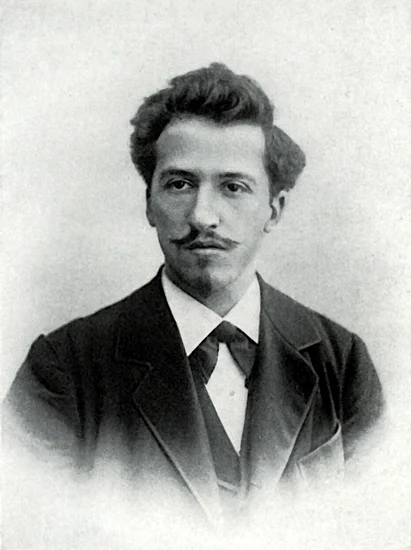
Dutch-American painter Piet Mondrian died, leaving behind a revolutionary legacy in abstract art. His geometric compositions fundamentally changed artistic expression and visual design.
Mondrian’s distinctive style influenced everything from architecture to fashion design. His reduction of art to essential elements created a new language of visual communication.
1966 – Buster Keaton, Silent Film Master
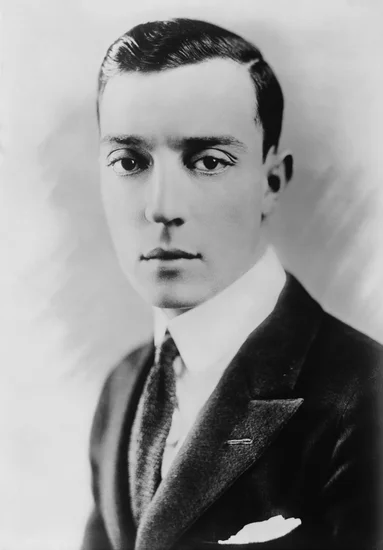
American actor and director Buster Keaton died, concluding an extraordinary career in silent film comedy. His innovative physical comedy and deadpan expression became legendary.
Keaton’s elaborate sight gags and dangerous stunts established him as cinema’s greatest physical comedian. His artistic vision influenced film comedy for generations of performers.
1976 – Werner Heisenberg, Quantum Physics Giant
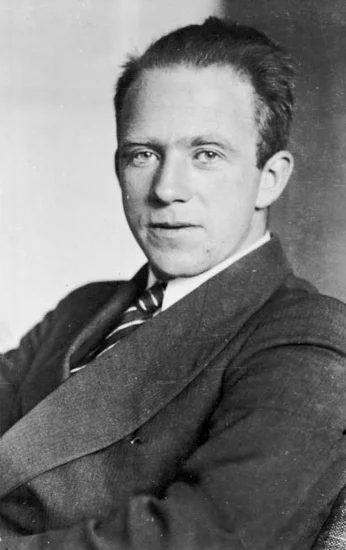
German physicist Werner Heisenberg died, having revolutionized understanding of atomic structure through quantum mechanics. His uncertainty principle became fundamental to modern physics.
Heisenberg’s theoretical work earned him the Nobel Prize and transformed scientific understanding of reality. His contributions established the foundation for quantum physics development.
1976 – George Whipple, Medical Pioneer

American physician George Whipple died, having made groundbreaking contributions to medical science and pathology. His research earned him the Nobel Prize in Physiology or Medicine.
Whipple’s work on pernicious anemia led to life-saving treatments for previously fatal conditions. His discoveries opened new frontiers in nutritional medicine and hematology.
2012 – Wisława Szymborska, Nobel Poet
Polish poet Wisława Szymborska died, having enriched world literature with her profound and accessible poetry. Her Nobel Prize recognition brought international attention to Polish literature.
Szymborska’s poems found extraordinary meaning in ordinary experiences and human relationships. Her accessible style made complex philosophical ideas understandable to broad audiences.
2013 – Ed Koch, New York Mayor
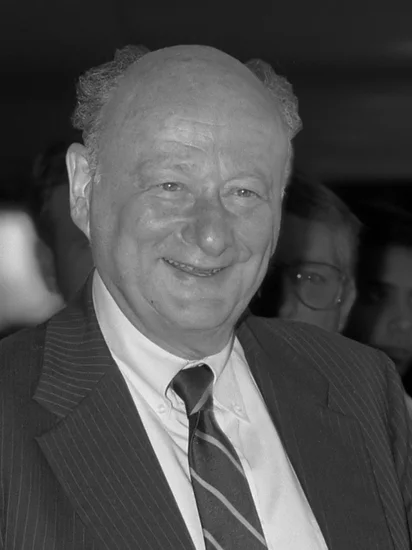
American politician Ed Koch died, having served as New York City’s 105th mayor during challenging times. His colorful personality and direct communication style defined urban political leadership.
Koch’s tenure during the 1980s helped New York City navigate financial crisis and urban decay. His leadership style became synonymous with resilient metropolitan governance.
Holidays and Observances on February 1
National Freedom Day (United States)
Americans observe National Freedom Day to commemorate the signing of the 13th Amendment abolishing slavery. This holiday celebrates the fundamental principle of human freedom and equality.
The observance honors the struggle for civil rights and the ongoing pursuit of equality. Schools and communities use this day to educate about freedom’s importance in democratic society.
Black History Month Begins
February marks the start of Black History Month in the United States and Canada. This month-long observance celebrates African American contributions to history, culture, and society.
Educational institutions, museums, and communities organize special programs highlighting Black achievement and heritage. The month provides opportunities for learning about often-overlooked historical contributions.
Saint Brigid’s Day/Imbolc

Ireland, Scotland, and Isle of Man celebrate Saint Brigid’s Day, also known as Imbolc in Celtic tradition. This holiday marks the beginning of spring and honors the patron saint of Ireland.
Traditional celebrations include lighting candles, making Brigid’s crosses, and welcoming longer daylight hours. The festival connects ancient Celtic traditions with Christian observances.
Federal Territory Day (Malaysia)
Malaysia celebrates Federal Territory Day in Kuala Lumpur, Labuan, and Putrajaya. This public holiday commemorates the establishment of these important administrative regions.
The celebration includes official ceremonies, cultural performances, and community events. Citizens reflect on their territories’ development and contributions to Malaysian progress.
